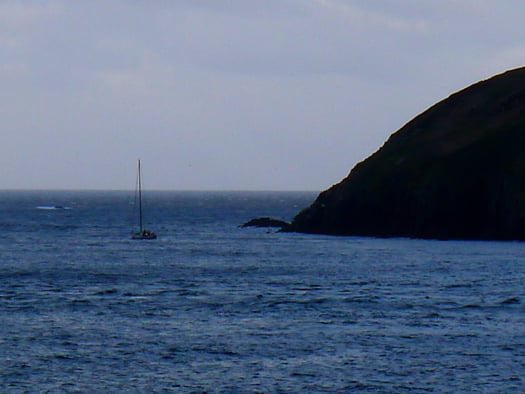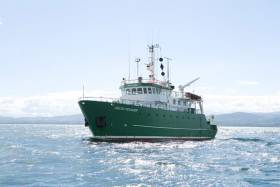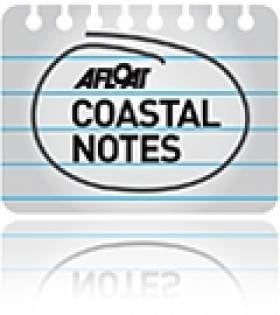Displaying items by tag: Orkney Islands
‘Operation Orca’ Set To Survey Scottish Killer Whales On Celtic Voyager
#MarineWildlife - The RV Celtic Voyager departed the Port of Cork yesterday (Wednesday 24 October) for ‘Operation Orca’, a 12-day survey of an offshore killer whale community associated with the Northeast Atlantic mackerel fishery.
A team of marine scientists from University College Cork is on board the research vessel that’s headed to waters east of the Orkneys, to study the orcas that feed on mackerel between October and February each year.
“This is the first time a dedicated research vessel will be heading up to study these killer whales and we are hopeful to come back with a lot of data,” said PhD researcher and chief scientist Róisín Pinfield in her introductory blog for the survey.
“We will have cameras, GoPros, drones, underwater hydrophones collecting acoustic data so we can hear the killer whales and a RIB so we can get in close if weather conditions allow. Time to pray to the weather gods to keep the storms away!”
The Scientists@Sea blog will be regularly updated by the Celtic Voyager team once they reach the fishing grounds and begin their survey, which runs till Sunday 4 November.
St Brendan Voyagers Refused Access to Skellig
The crew of sailors, artists, musicians and historians on board Ar Seachrán - who are retracing the famous voyage of St Brendan - were refused permission to land on Skellig Michael, it has emerged.
The Kerryman reports that though some visitors are understood to have landed on the island in recent weeks, the OPW refused the Brendan's Voyage crew on health and safety grounds.

A spokesperson for the OPW said it requires at least 10 days notice to make preparations for any visitors and repair damage to pathways and buildings occurring over the winter months.
Dr Breandán Ó Ciobhán of the voyage party described the news as "very disappointing".
Ar Seachrán, a 45ft yacht owned by Paddy Barry - himself a veteran of unique ocean voyages - will continue on its journey up the west coast of Ireland and Scotland, by the Orkneys, Shetlands and Faroe Islands to Iceland.






























































